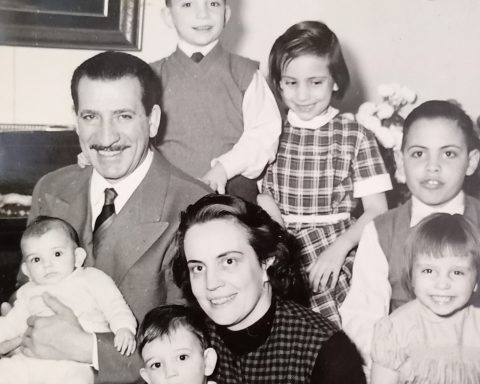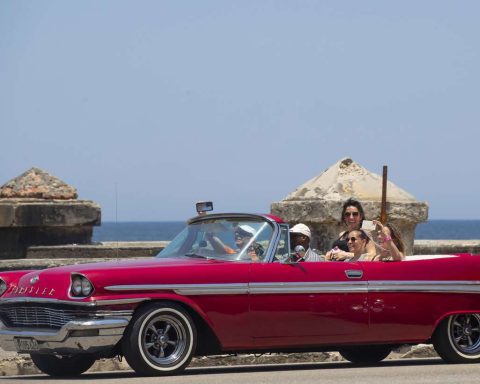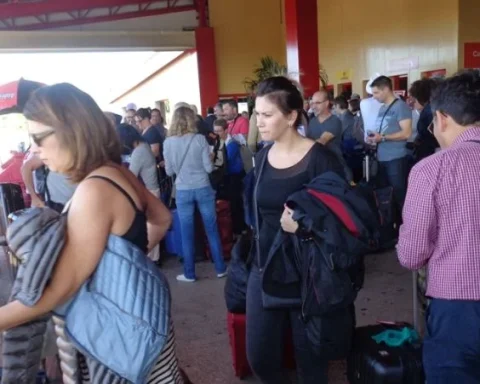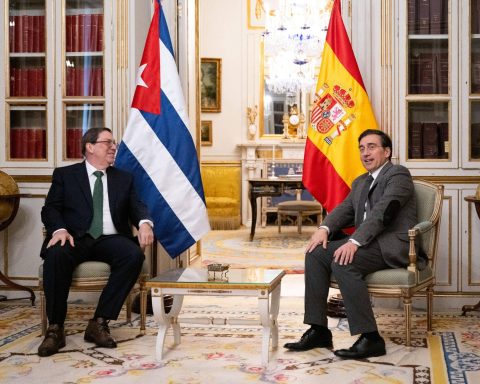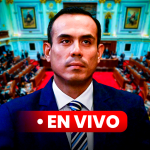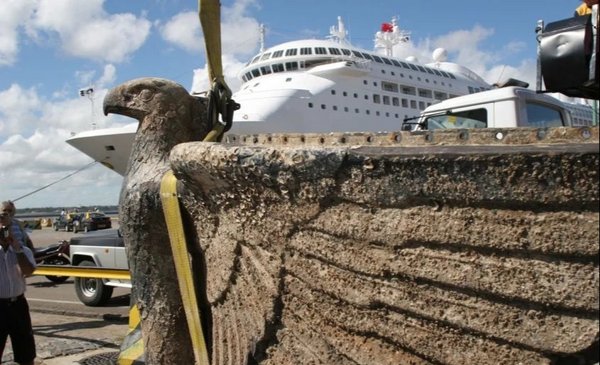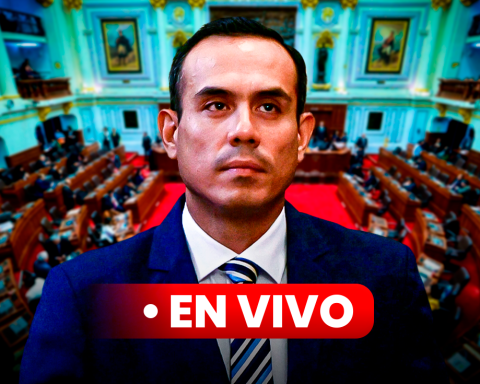Sunday of festivities in the colony. A day when the movements of groups of people would not seem unusual to the Spanish authorities. It was 1895, February 24. The independence war in Cuba was going to restart.
This contest had been planned for months. In reality, since the signing of the Zanjón Pact in 1878, there have never ceased to be plans to resume the national liberation struggle. The war that stood out that day was the result of a new type of organizational work, whose protagonist was José Martí.
Martí, a brilliant politician with no war experience, had been involved in the organization of the Little War in 1879. After it failed, he had been stringing together a larger, more structured project ever since. This involved years of proselytizing and mediation between the old bosses, who were at odds with each other because of how the Ten Years’ War ended and so on.
One of the most innovative contributions of Martí’s pre-war work was the creation of the Cuban Revolutionary Party, which emerged to achieve the independence of Cuba and help that of Puerto Rico. On a human level, the Apostle achieved the enormous merit of smoothing out as much as possible the discrepancies, grudges, frustrations, misgivings… of the essential personalities for the pro-independence project.
The start of the war at the time it happened was not a forcing of circumstances. Some researchers have argued that the objective conditions in Cuba were favorable at the beginning of 1895. If the uprising plans did not materialize, there would probably have been a spontaneous movement, less organized, and it was not what was intended.
The plan implied the simultaneity of pronouncements in different areas of the entire island, with previously defined leaders. This was the case in some thirty localities, with mambises such as Bartolomé Masó, Quintín Banderas, Guillermón Moncada, Periquito Pérez or Saturnino Lora at the forefront.
Shortly after, other chiefs would arrive from exile. On April 1, the brothers Antonio and José Maceo disembarked through Duaba together with Flor Crombet. On the 11th of the same month, by Playitas de Cajobabo, Máximo Gómez and Martí did it. With this, the new war in Cuba was consolidated, the necessary war, the one that would defeat Spanish colonialism.

